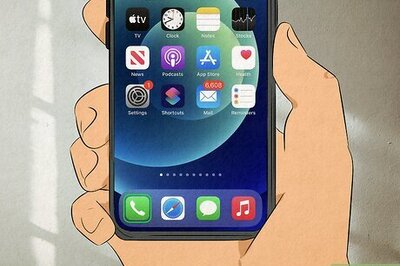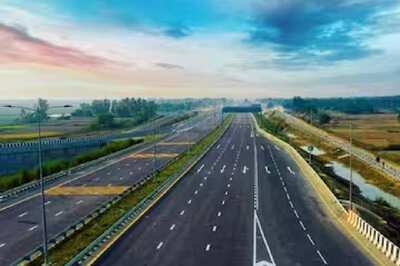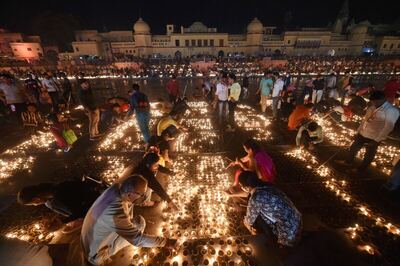
views
An Australian-based academic has slammed foreign rating organisations for “misleading statistics” about the Indian democracy, and said the country is in much better shape than its peers and income.
Salvatore Babones, an associate professor at the University of Sydney, in his article – ‘Indian Democracy at 75: Who are the Barbarians at the Gate?’ – said negative appraisals of Indian democracy published by the three major rating organisations seem wildly disproportionate to the actual evidence marshalled to support them. He further said, “They are suffused with wanton speculation, misleading statistics, and uncritical reproductions of activist accusations”.
Babones academic speciality includes international rankings, and his current academic research focuses on the political sociology of authoritarianism.
In his article to Australia Today, Babones said, “Many of the criticisms levelled at Indian democracy are actually criticisms of poverty, and Indian democracy should be admired for its persistence in the face of deprivation, not discounted for the shortcomings of the Indian economy. Other criticisms of Indian democracy are actually criticism of outdated (often British colonial) institutions, and again Indian democracy should be admired for longevity, not discounted for age.”
On a rating organisation’s claim that “law of defamation has been used to frequently silence journalists and news outlets”, Babones article said, “Even taking the underlying data at face value, they show that India’s rate of deadly violence against journalists was 3.5 per billion people. The rate for the rest of the world outside China was 6.3 per billion. A fair appraisal would conclude that journalists are actually safer in India that in the rest of the world. But failing to adjust for India’s extraordinarily large population (and accordingly a large number of journalists), the data are made to tell a different story.”
A V-DEM report also claimed that the BJP has been using sedition laws to silence critics, and “over 7,000 people have been charged”. Babones argued, “The very source cited by V-DEM as documentation noted that ‘of the 11,000 people accused of sedition in the past decade [construed as the 11 years 2010-2020], nearly two thirds of charges have been filed since 2014, when Modi was first elected prime minister. A simple calendar calculation shows that the BJP was in office for less than 60% of the period under consideration. In other words, the rate of filing of sedition allegations (which is in any case not under the control of the central government) has actually declined under the BJP.”
On the charge of “social exclusion of Muslims”, Babones stressed, “The need for frank assessment of Indian democracy is real… Prime Minister Narendra Modi is generally careful of to be inclusive in his public statements, but some BJP politicians at lower levels are culpable of using blatantly anti-Muslim rhetoric. Nonetheless, the international assumption that all Muslims are estranged from the BJP is a lazy generalisation.”
(With inputs from ANI)
Read all the Latest News India and Breaking News here

















Comments
0 comment